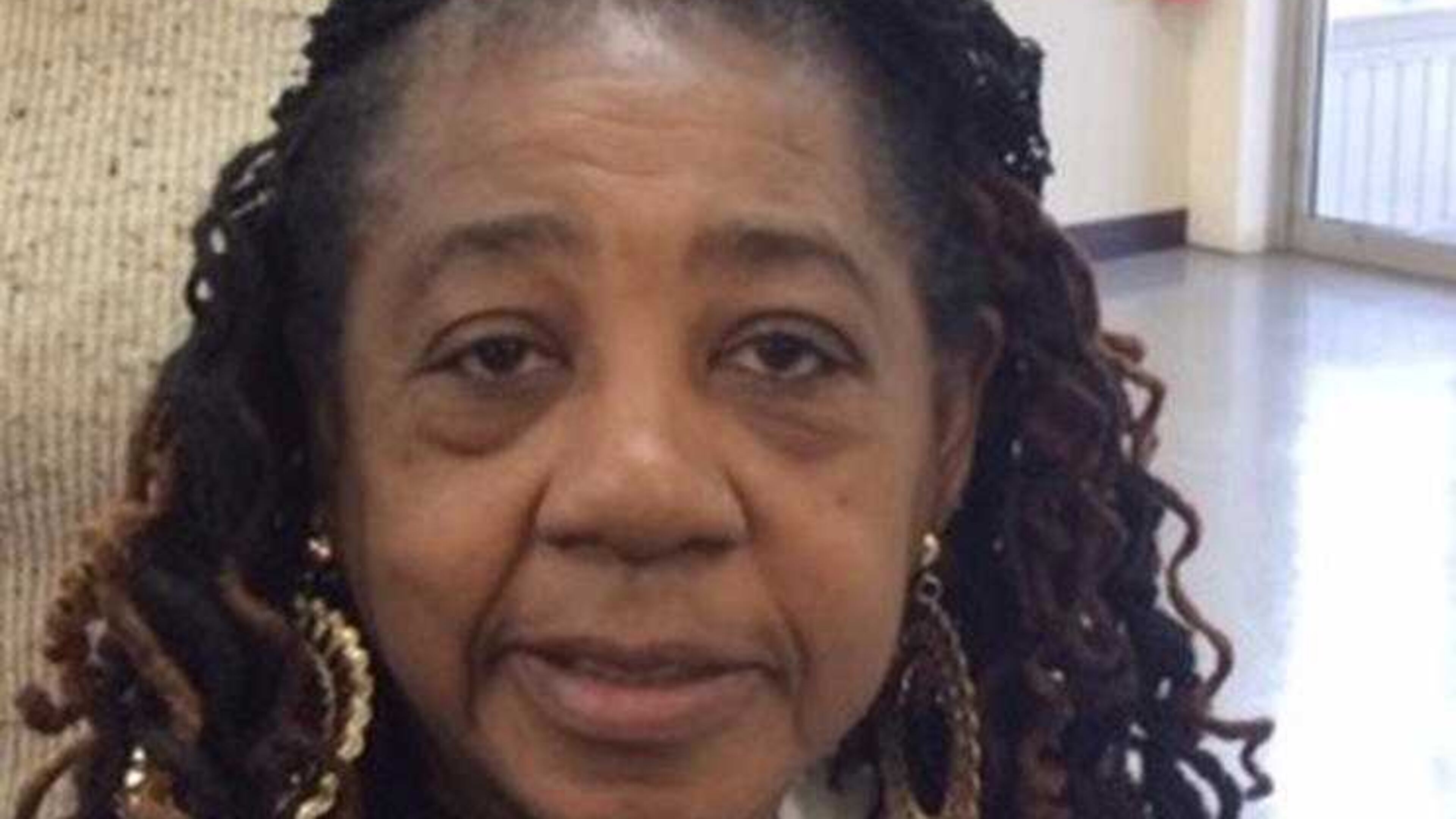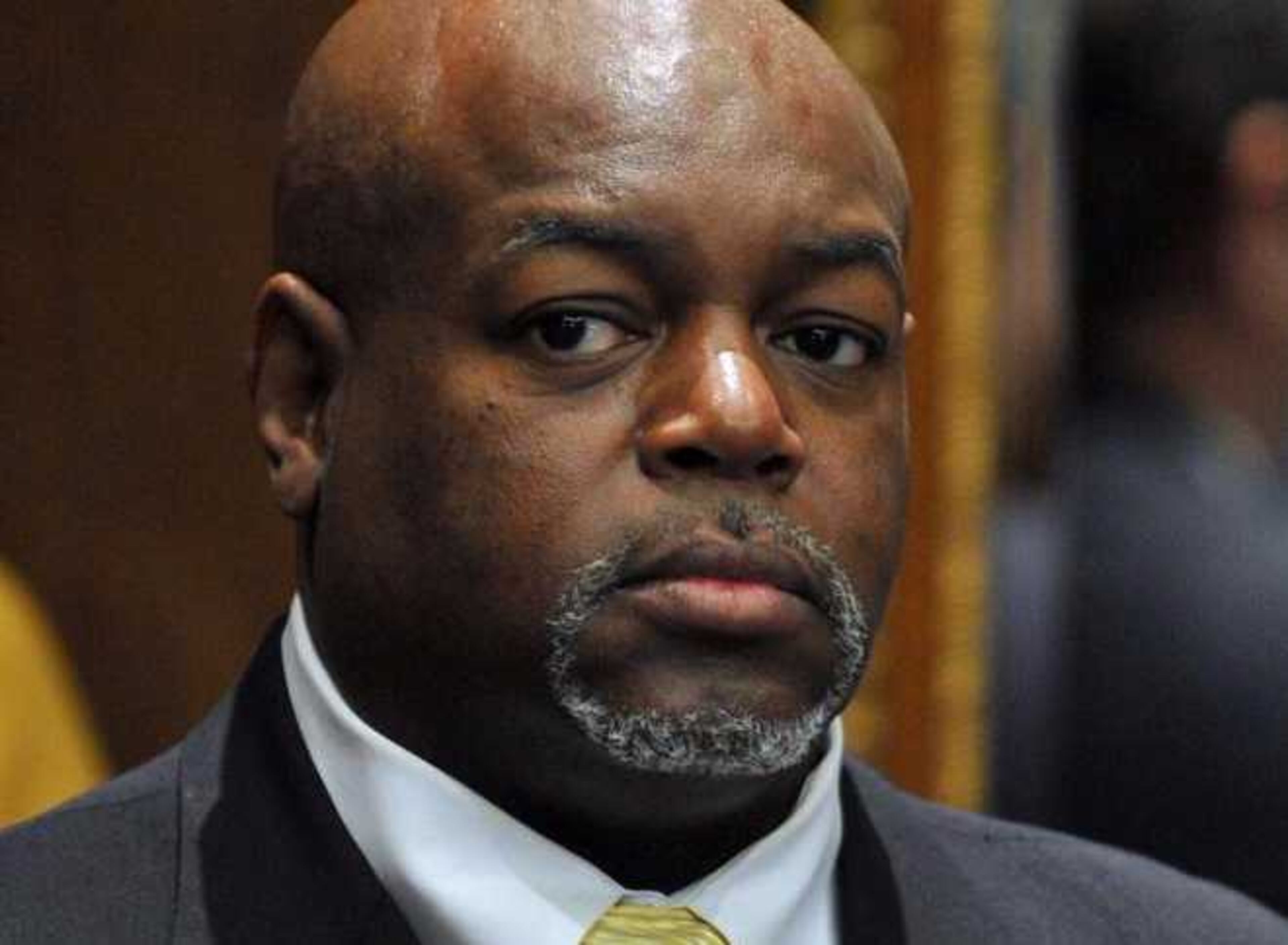Clayton legislative delegation, cities clash over voting method

Leaders in four Clayton County cities are feuding with the county’s legislative delegation over the legislators’ attempts to create voting districts within their cities without their say-so.
Rep. Mike Glanton, a member of the Clayton County Legislative Delegation, recently introduced bills that call for creating voting districts in Jonesboro and Morrow. Similar bills are set for Riverdale, Lake City and Lovejoy. The five cities currently elect officials using an at-large system of voting. Forest Park and College Park already have a form of district voting so are not included in the change. Riverdale has not raised any objection to the change.
"We want to bring all seven cities in line under district voting. It's a way to give fairer representation throughout the cities," said Rep. Valencia Stovall, chair of the delegation. "When voters vote, they know they're voting for one person in a district, not at-large. It'll save candidates money because they no longer have to run at-large. They'll only have to concentrate on their particular district."
Glanton said the delegation’s decision to pursue district voting is “not an indictment of any current sitting members.”

“This is just to make sure that there’s equity and equality across the board for every city to ensure all citizens in Clayton are properly represented,” said Glanton, who introduced the Jonesboro and Morrow bills. The proposed Jonesboro map has three districts that would have two council members in each district. This would hopefully eliminate the potential of people from one neighborhood, for instance, running the entire council, Glanton said.
If the bills succeed, residents in those cities could be using district voting this year, Stovall said.
The idea does not sit well with officials in the affected cities. They have drafted resolutions, sent letters and emails in protest of the delegation’s decision and hired a lobbyist to fight it.
“The cities are unilaterally opposed to this,” said Joy Day, mayor of Jonesboro, Clayton’s county seat. “They’re trying to create voting districts. What we’ve said is our cities are so small that it doesn’t make sense to have voting districts now. So they’re not representing us by going forward with this.”
Proponents of district voting over at-large voting say it helps bring more diversity to local governments.
After a hard, four-year legal fight, Fayette County scrapped its at-large system for district voting to enable black residents to break a nearly two hundred-year-old voting pattern that kept them from getting elected to countywide office. The larger a community grows the more district voting tends to make sense so that each segment of the municipality is represented. The first black representatives to the county commission were elected in Fayette soon after district voting was instituted.
Atlanta Attorney Dan Lee who has served in the senate and represented cities and counties for 30 years called the delegation’s move “unprecedented.”
“I’ve never seen a local legislation originate in Atlanta and not with the local jurisdiction,” said Lee, who has been hired by the cities of Jonesboro, Morrow, Lovejoy and Lake City to fight the matter.
The voting process in small towns “is a mixed bag” says Amy Henderson, a spokes woman with the Georgia Municipal Association.
Take Jonesboro, for instance. It has a population of 4,746. Six in 10 towns in Georgia of similar size use at-large voting, Henderson noted.

Disputes among cities and their legislative delegation is not unheard of, Henderson said.
“It’s certainly the prerogative of delegations to change city charters on voting methods. Since they grant city charters, they can change them, Henderson said. “Typically the local delegation works cooperatively with the municipalities.”
In Clayton, nearly seven in 10 residents are African-Americans. Four of the five county commission seats are filled by African-Americans. Six of the nine-member school board are African-American. Drilling down, Clayton’s seven cities are relatively diverse.
“Our diversity could match anything anywhere,” Morrow Mayor Jeff DeTar said of the city council which he says has two whites, two African Americans and an Asian.
“No city asked for this. They decided among themselves,” DeTar said. “I want the voters to decide if they want districts.”
A group of Lovejoy residents went to the Capitol a couple of weeks ago to meet with delegation members and hand-deliver letters from two Lovejoy council members opposing the apportionment efforts. Members of the group told The Atlanta Journal Constitution this week they felt rebuffed by the delegation.
“It was like we were invisible,” said Lovejoy resident Hattie Session. “People should have a choice. They shouldn’t be making the decision for us.”
Since the initial bills deal with Jonesboro and Morrow, Lovejoy Mayor Bobby Cartwright surmises there may be an effort by the delegation to try to have some sway over the outcome of elections in those two cities in November. Half of the six council seats in Jonesboro and two of the four city council seats in Morrow are up for grabs in November.
Creating district voting has Lovejoy residents “stirred up,” Cartwright said.
With a population of 6,487, Cartwright said Lovejoy is “not big enough for districting. We have but one poll. They like the fact they get to vote on each council person and the mayor. It’s been a big bone of contention. It sets up a lot of problems.”
CLAYTON COUNTY VOTING SYSTEMS BY CITY
| City | Population | City Size | City Council Composition | Voting System |
|---|---|---|---|---|
| College Park | 14,601 | 10 sq. mi. | 3 of 5 seats held by African-Americans | District |
| Forest Park | 19.383 | 9.3 sq. mi. | 2 of 6 seats held by African-Americans | District |
| Jonesboro | 4,746 | 2.5 sq. mi. | 6 of 7 seats held by whites | At-large |
| Lake City | 2,727 | 1.9 sq. mi. | Mayor and council are all white | At-large |
| Lovejoy | 6,487 | 2.6 sq. mi. | 3 of 5 seats held by African-Americans | At-large |
| Morrow | 7,338 | 3.4 sq. mi. | 2 whites, 2 African-Americans, 1 Asian | At-large |
| Riverdale | 15,989 | 4.5 sq. mi. | Mayor and council are all black | At-large |
RACIAL MAKEUP OF CLAYTON COUNTY'S SEVEN CITIES
| City | Asian | Black | Hispanic | White |
|---|---|---|---|---|
| College Park | .34% | 82% | 7% | 11% |
| Forest Park | 9% | 40% | 34% | 42% |
| Jonesboro | 2% | 58% | 6% | 39% |
| Lake City | 10% | 50% | 15% | 27% |
| Lovejoy | .06% | 78% | 15% | 19% |
| Morrow | 26% | 37% | 8.9% | 26% |
| Riverdale | 8% | 71% | 8.5% | 11% |
Source: Georgia Department of Community Affairs, Municipal Government Information Catalog


